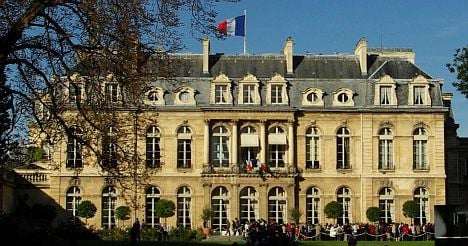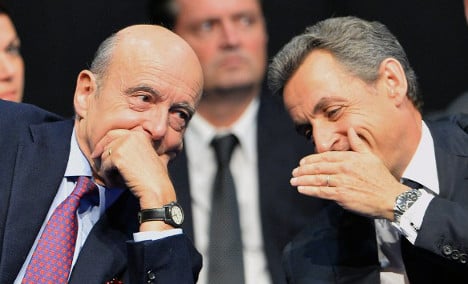The body was asked by President Sarkozy himself to conduct an annual report into the costs of running his office and household. Before that, the true cost of the presidency to French taxpayers was unknown.
Costs covered by the Cour’s report include everything from employees and travel to newspapers and flowers.
Overall, the Cour reported that costs have fallen slightly between 2008 and 2010, from €113.6 million to €112.2 million, but said there was still work to do in reducing expenditure and improving transparency.
The Cour’s president, Didier Migaud, stressed “the importance of the progress that’s been made.”
The most notable changes included a drop in the number of employees, from 1,031 to 904 with a corresponding drop in the salary bill from €72 million to €70 million.
The Cour was also impressed by an 18 percent fall in travel costs. This was put down to much better negotiation of hotel and car hire charges.
The biggest drop was in communication costs, falling by 126 percent from €3.3 million to €1.45 million. The president’s office was criticized strongly in earlier reports for the way it commissioned opinion polls. The report found that the studies had been carried out by a company belonging to one of the president’s advisors, Patrick Buisson, with no competitive tender.
Not everyone was convinced that the report suggested a clean bill of health. A Socialist member of parliament, Delphine Batho, said spending on opinion polls had simply moved from the Elysée Palace to the prime minister’s office at the Hôtel Matignon.
“It’s the Elysée that makes the order and Matignon that pays,” she told daily newspaper Libération. “It’s just an outsourcing of the costs, but there are still lots of opinion polls.”
The report gives details on other expenses of the president, including the €259 million purchase of an Airbus A330, known in the media as Air Sarko One. Flowers at the Elysée palace now cost €250,000 and newspapers €383,000.



 Please whitelist us to continue reading.
Please whitelist us to continue reading.
Member comments